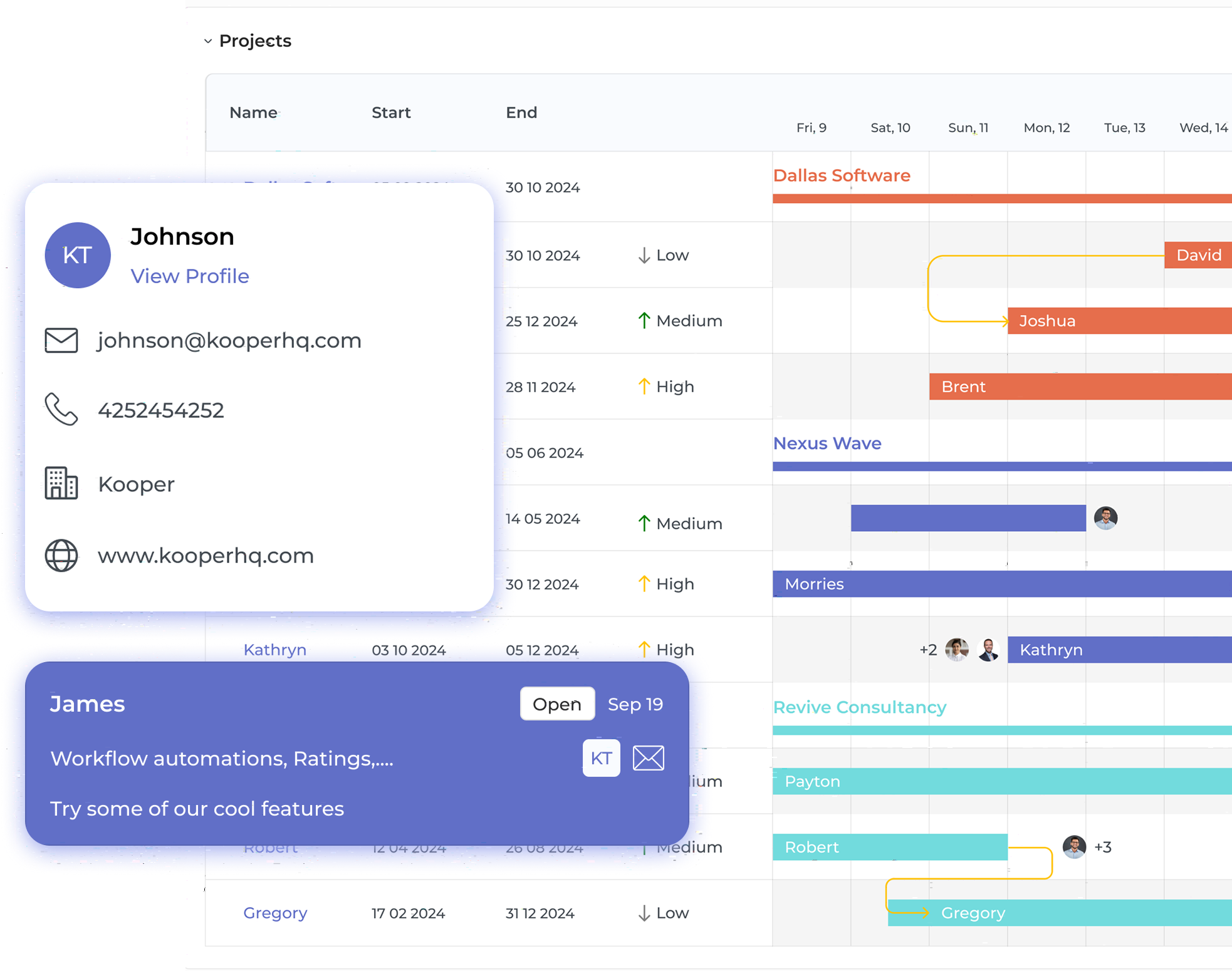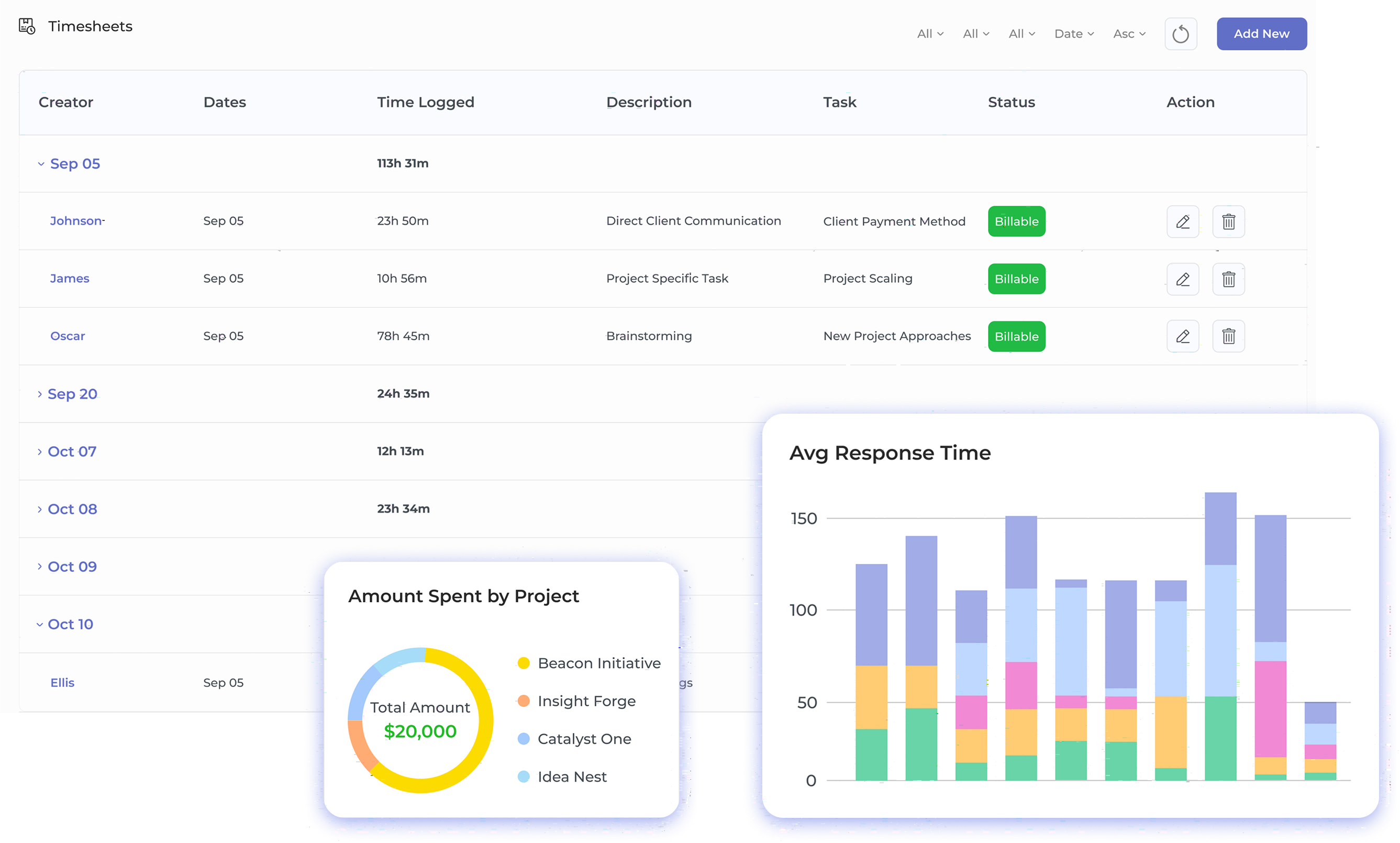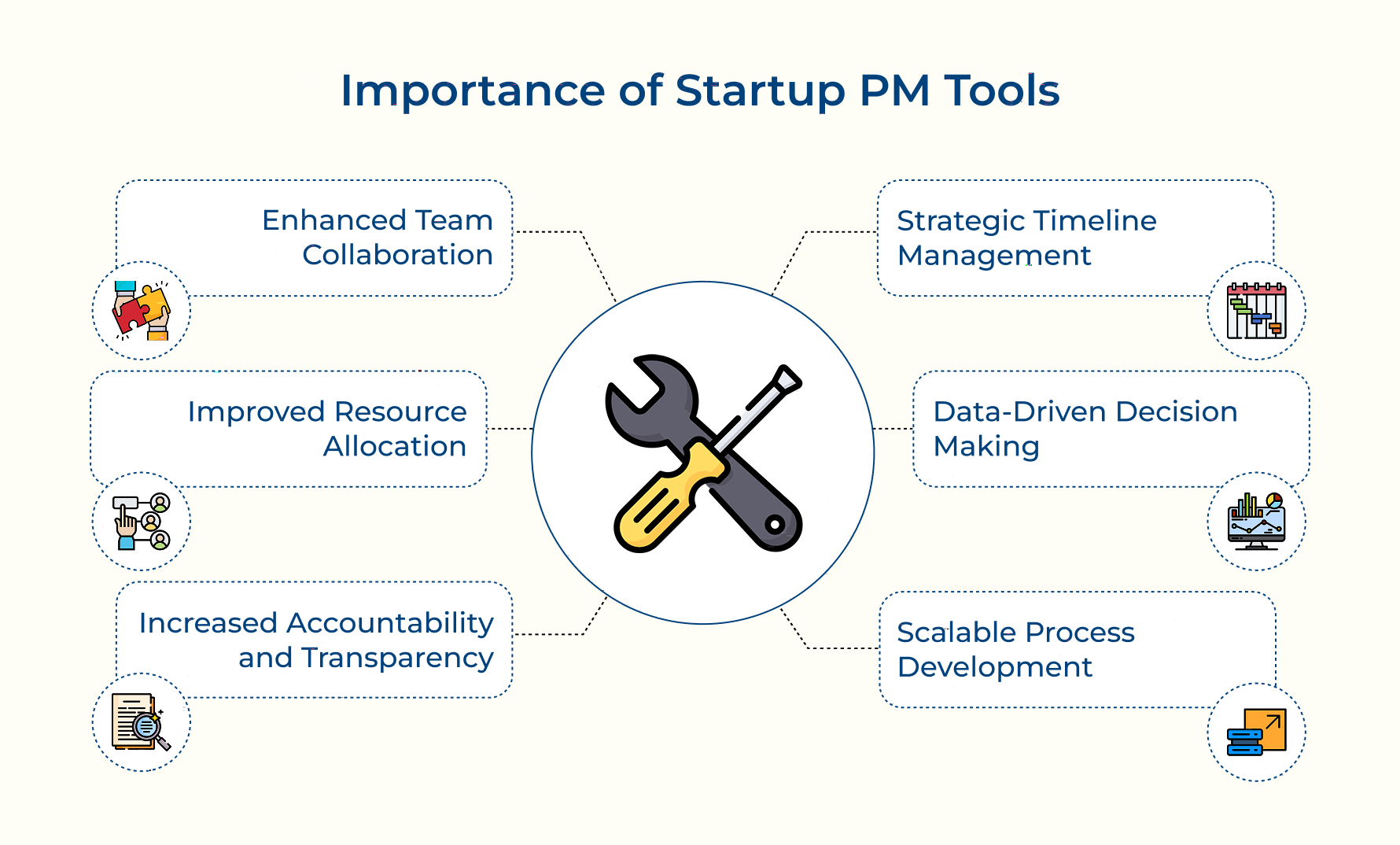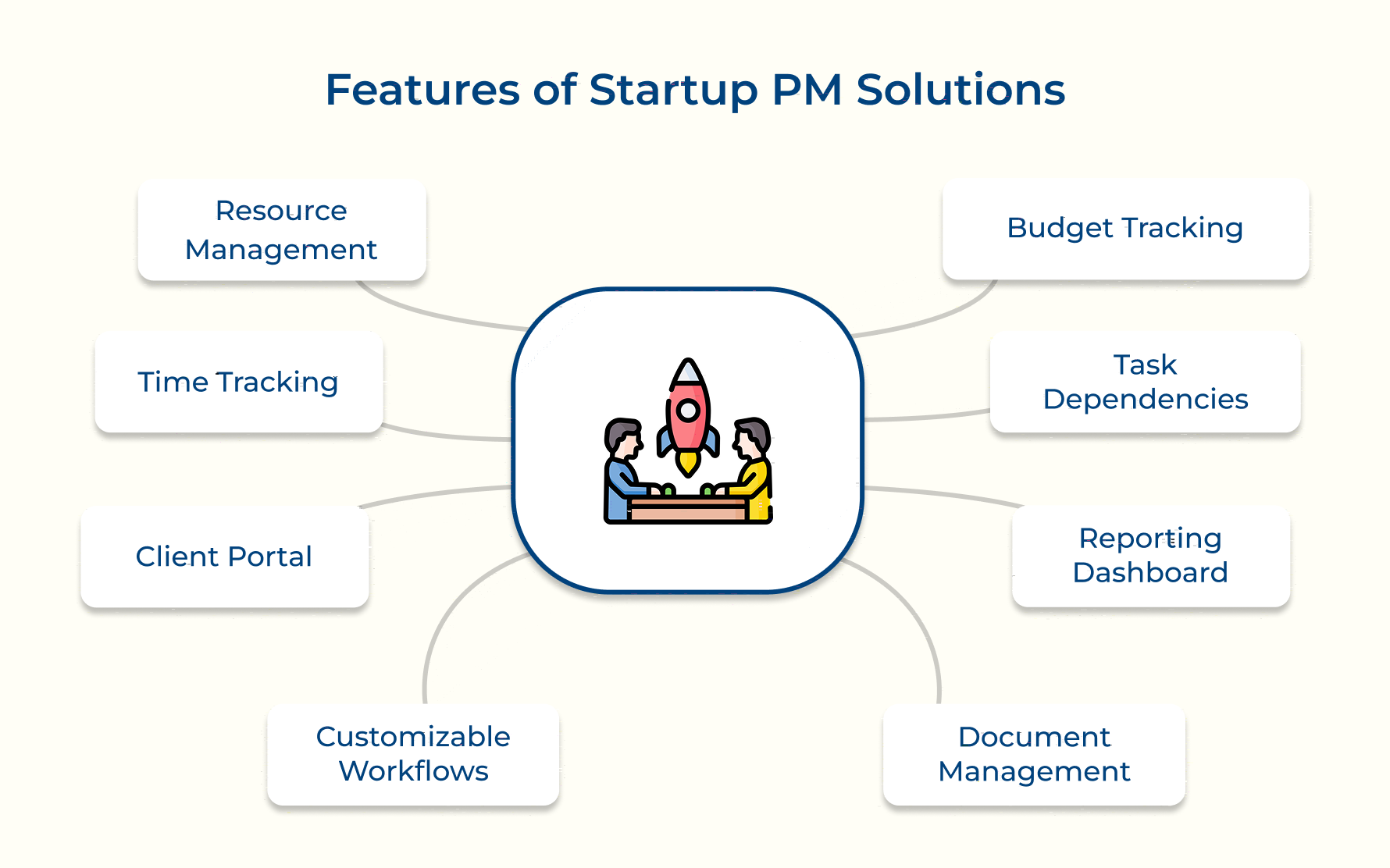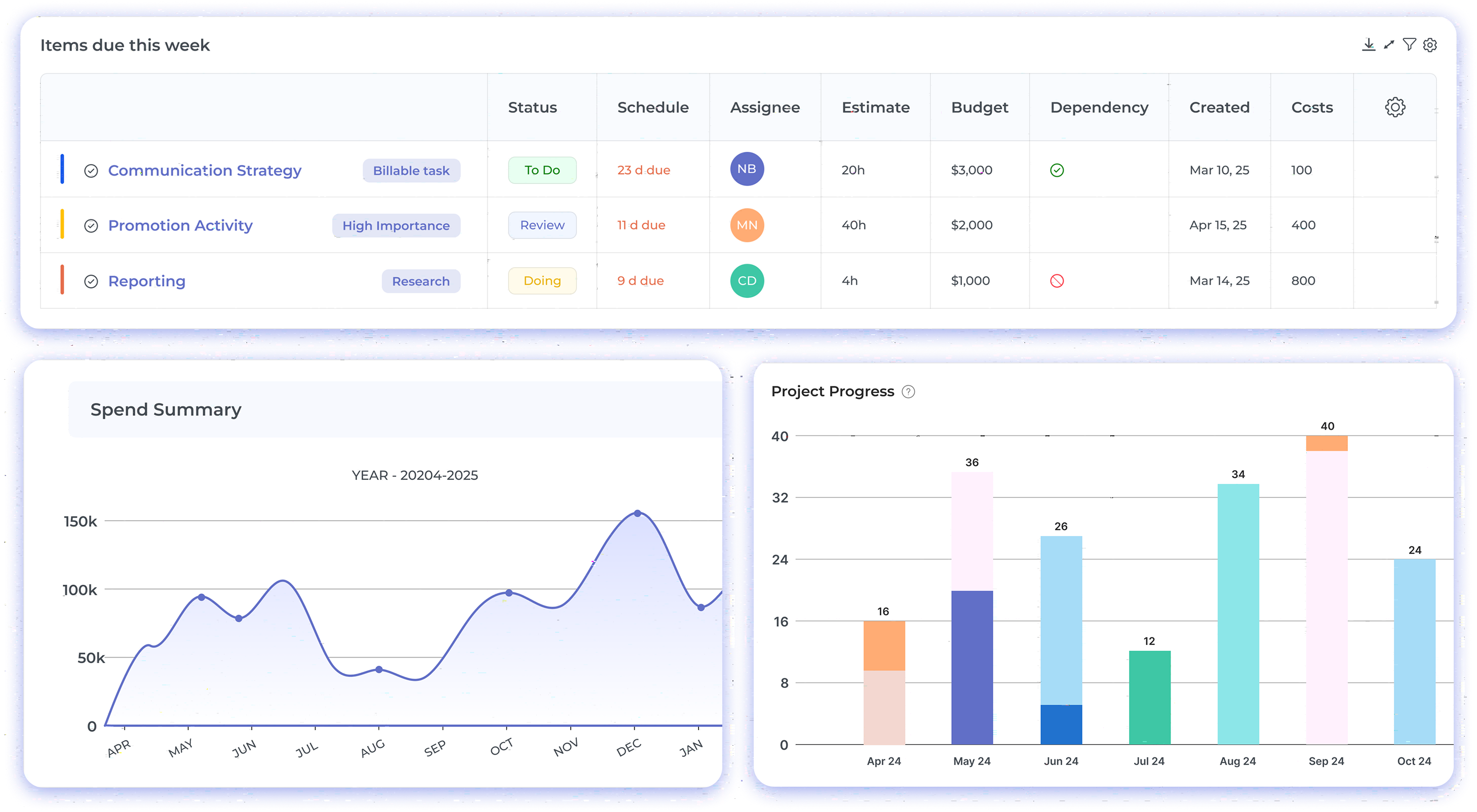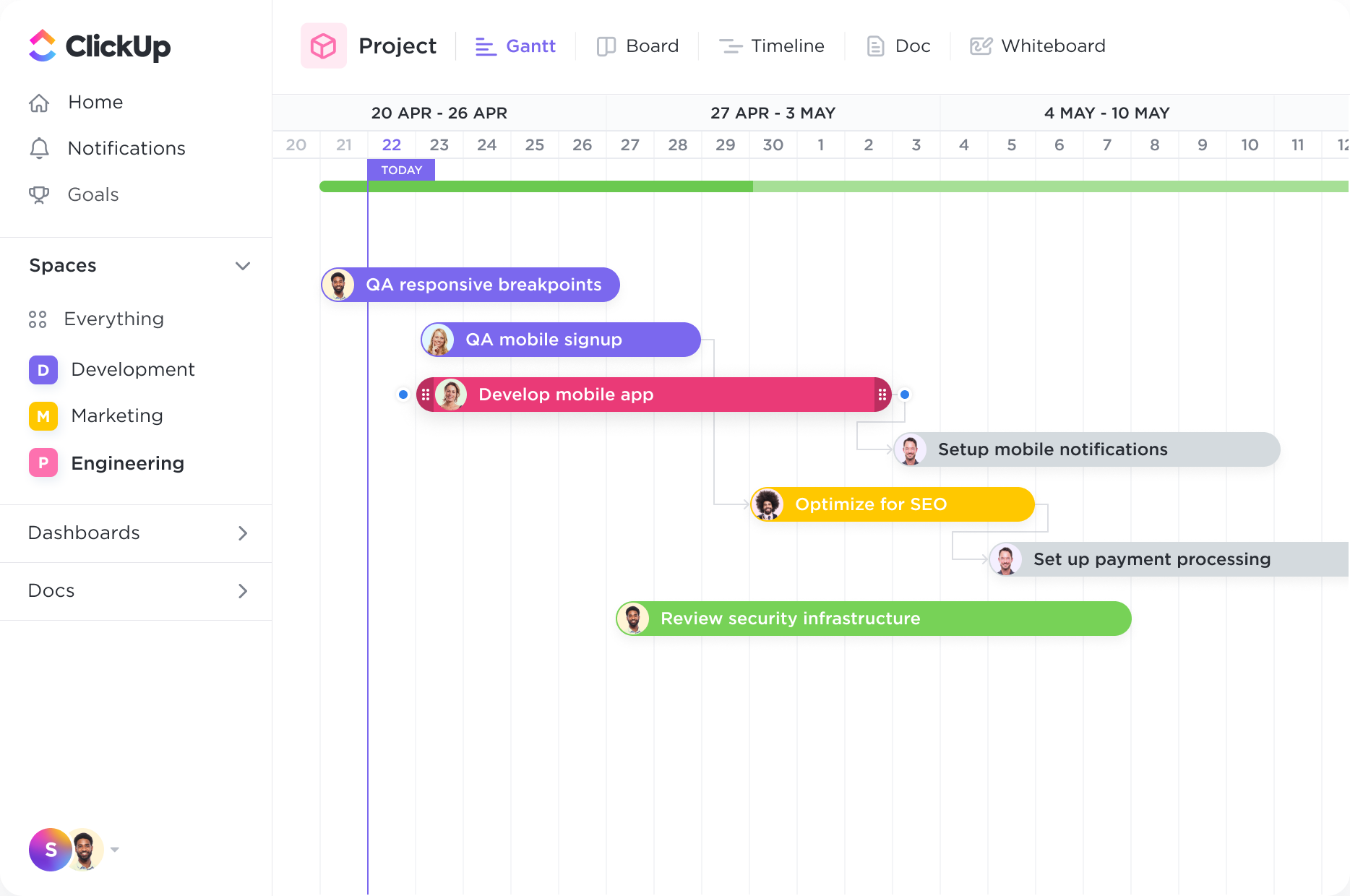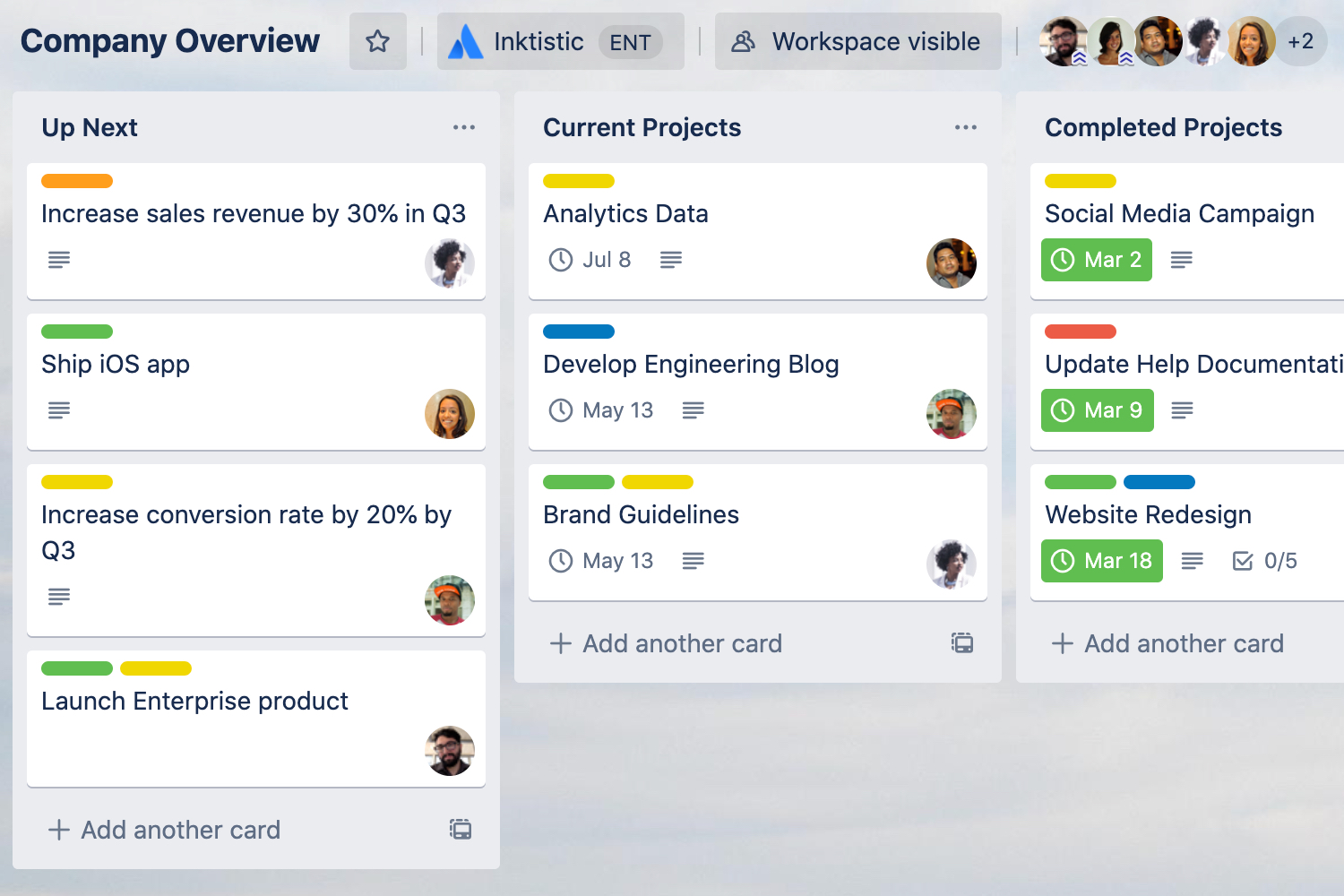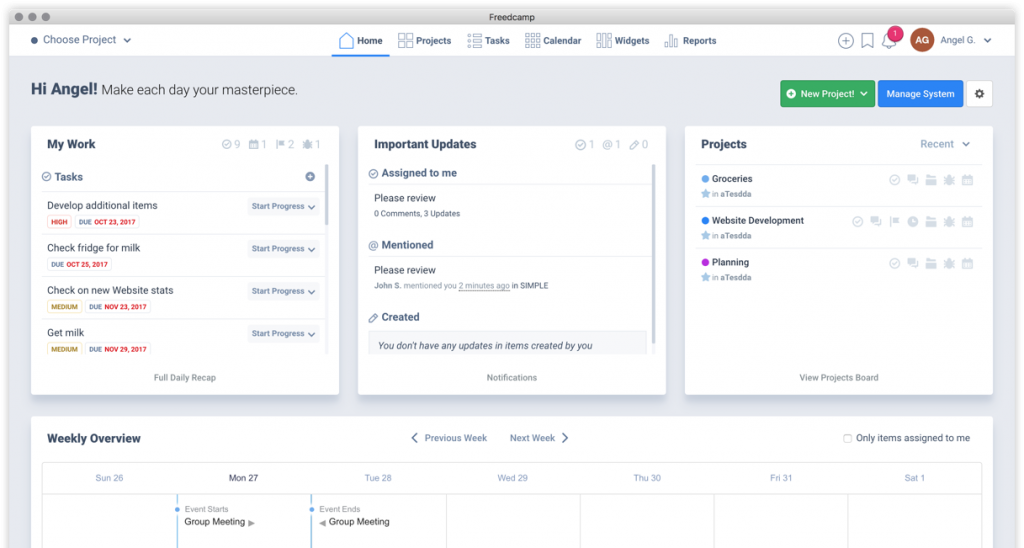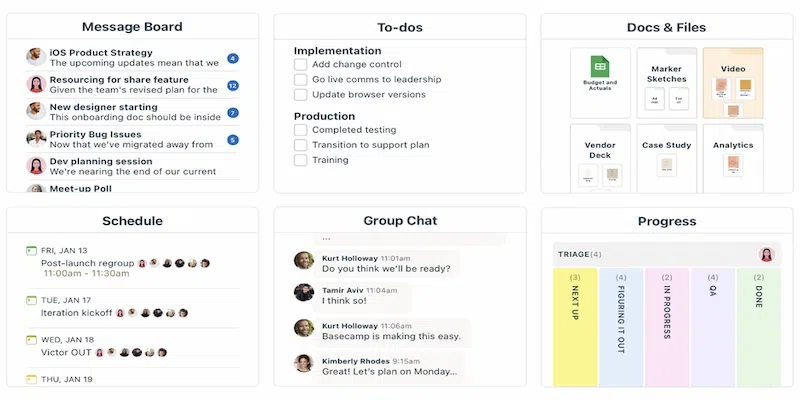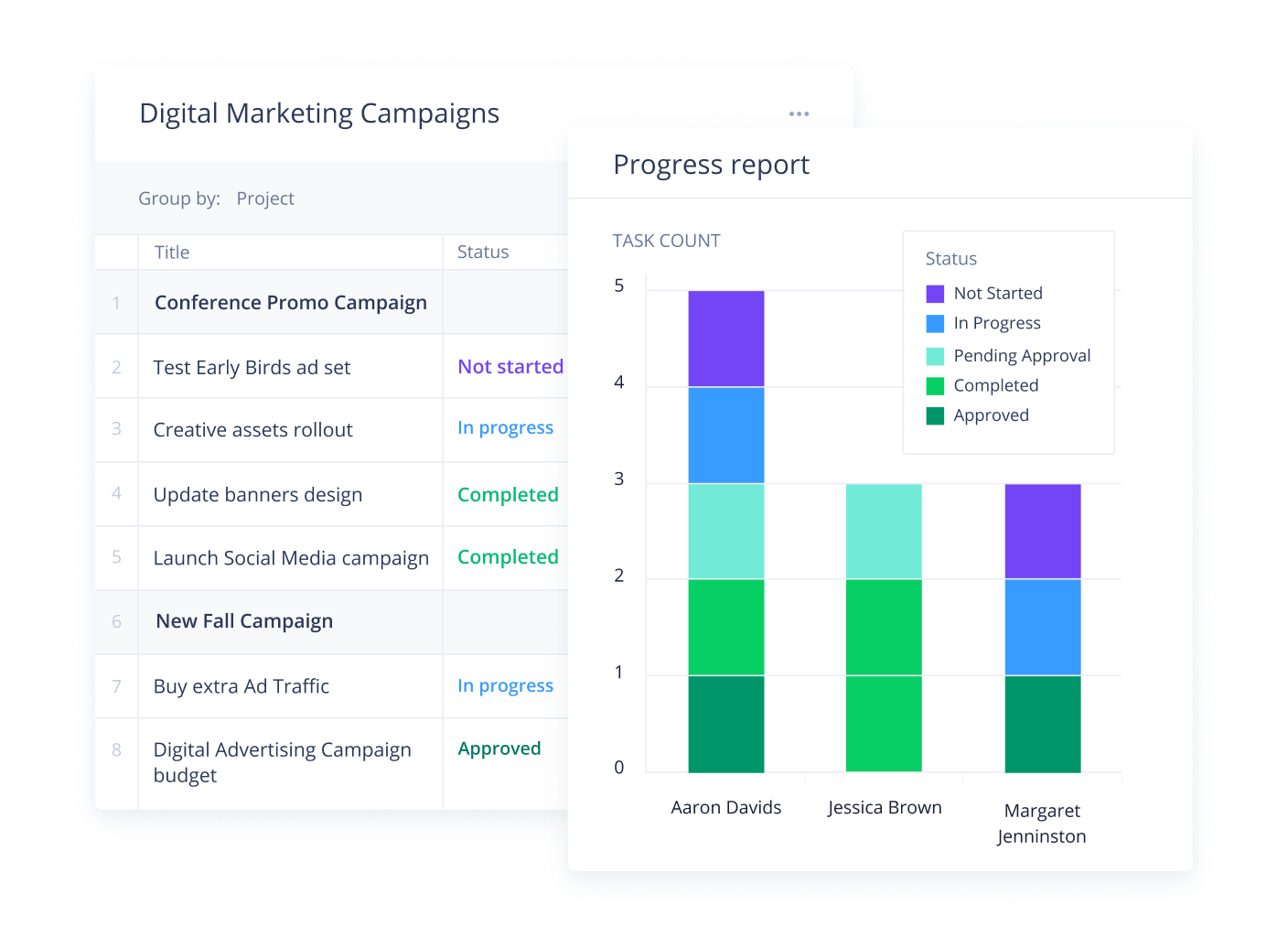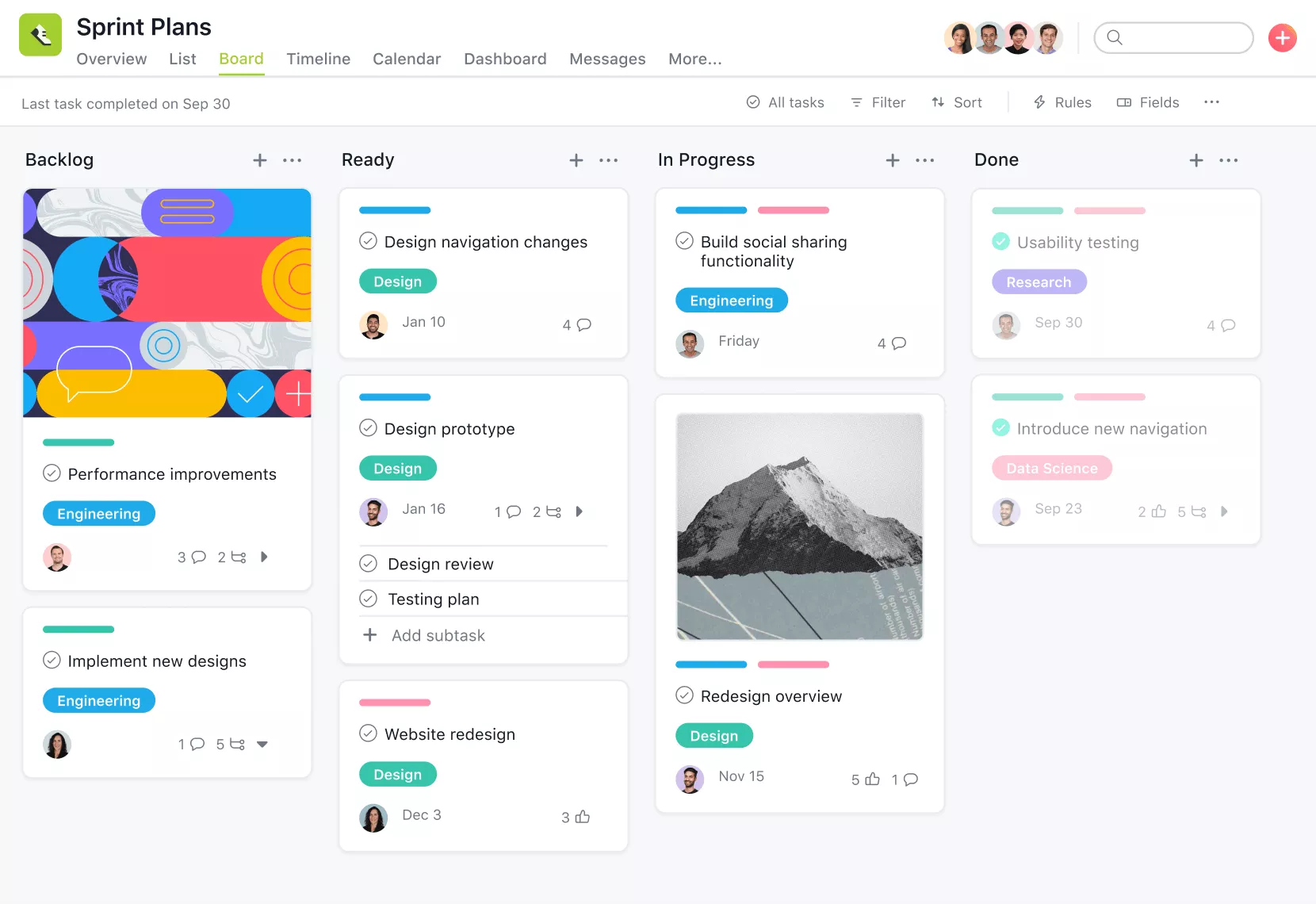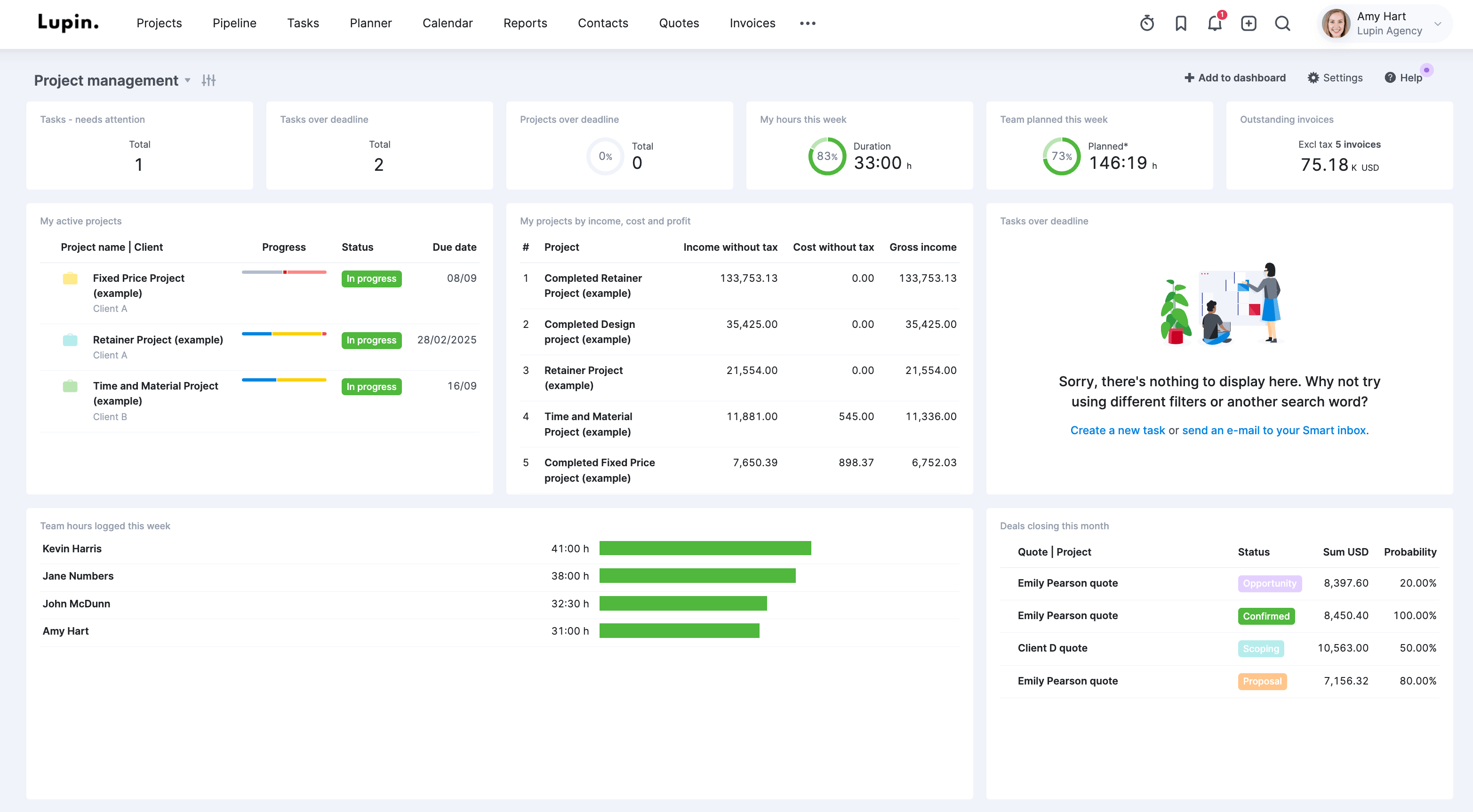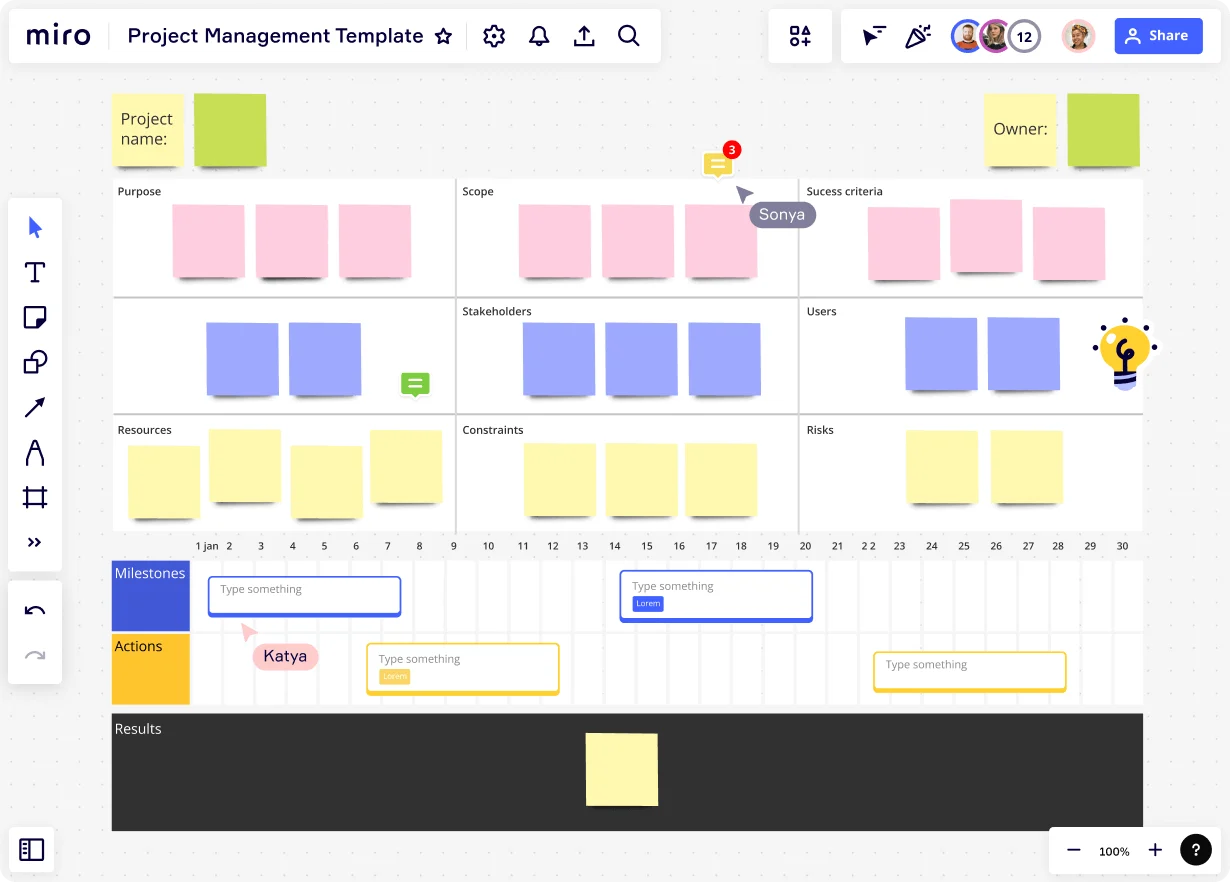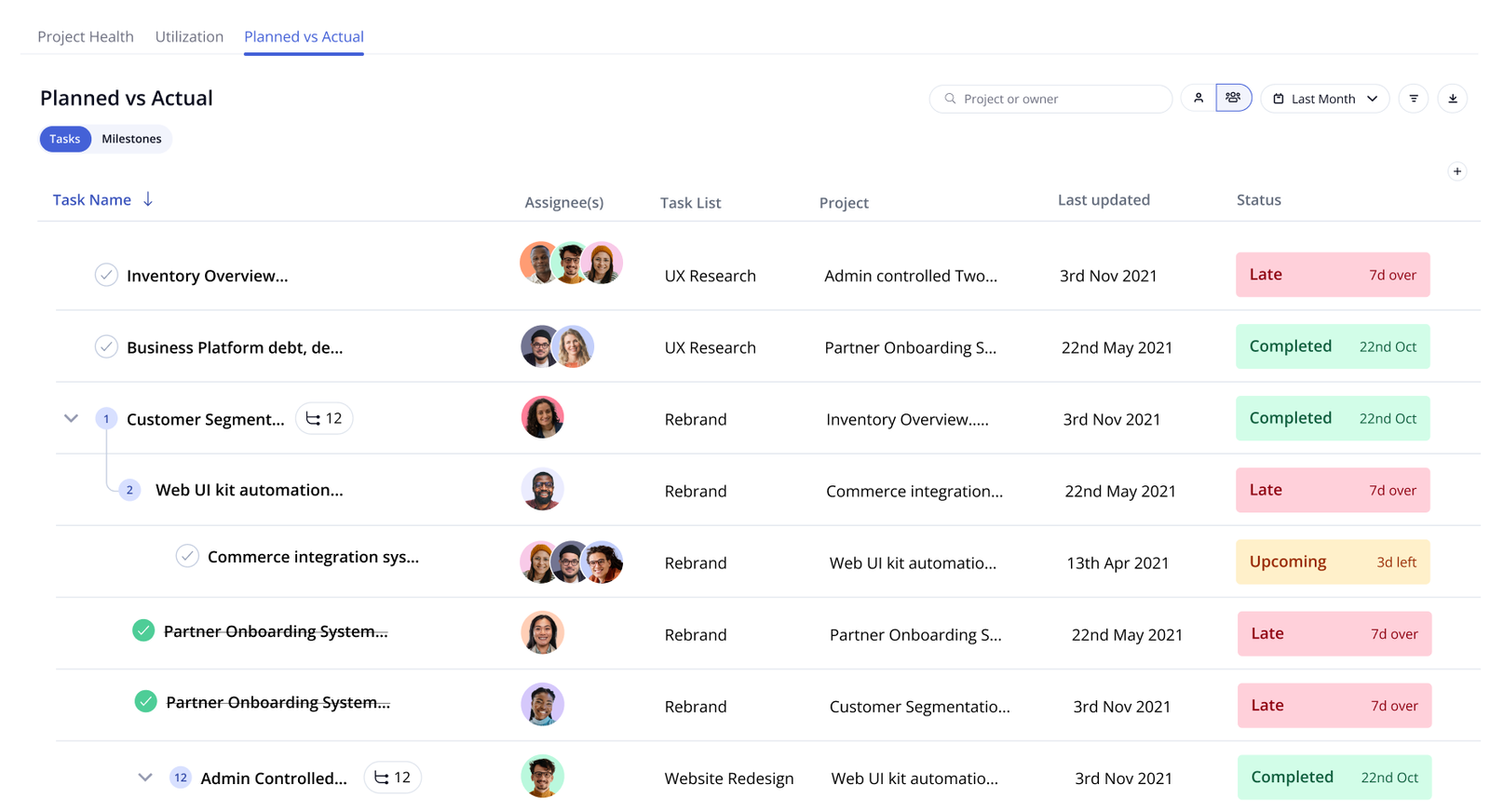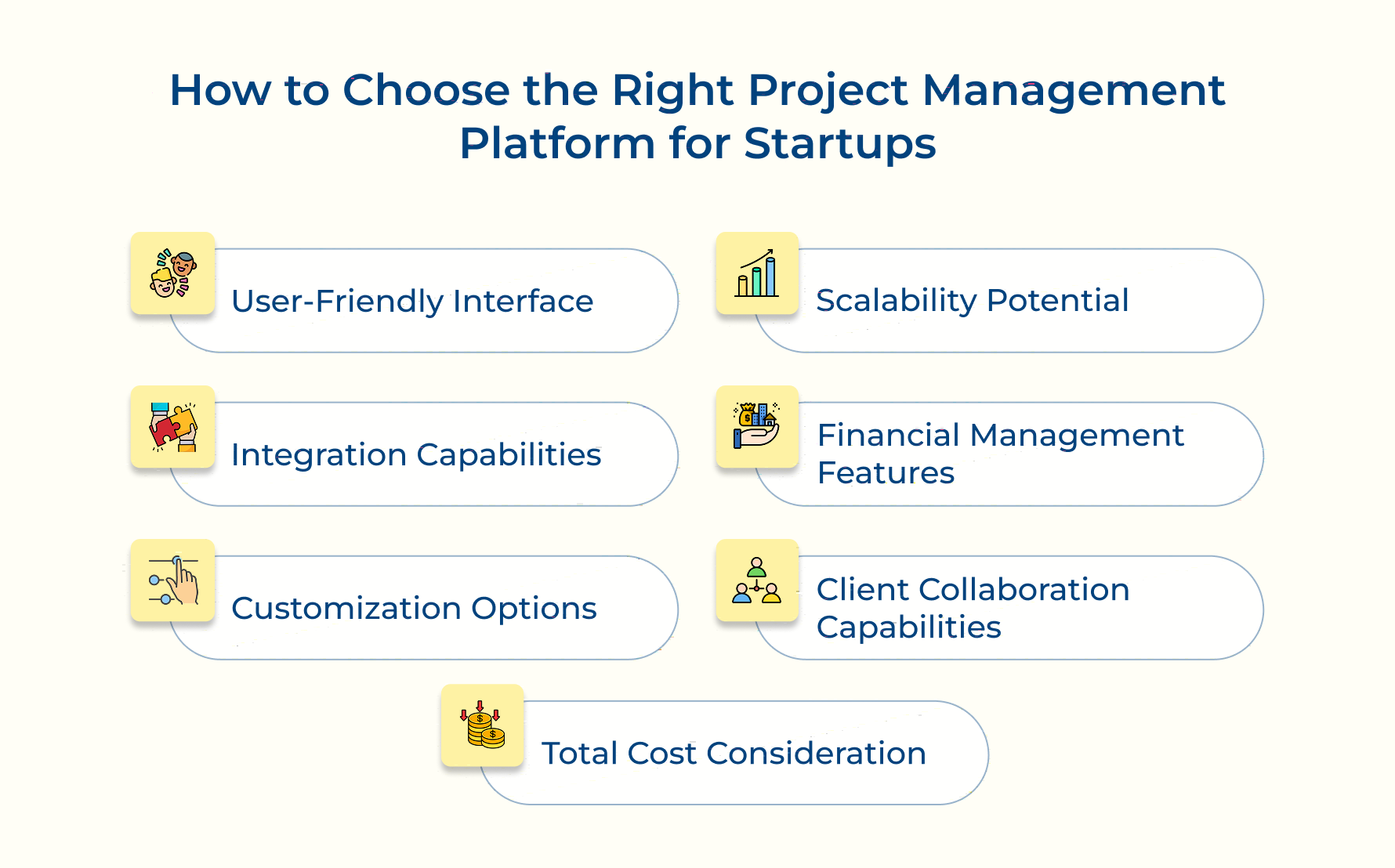Kooper delivers a comprehensive project management platform specifically designed for service-based startups requiring unified task, resource, and financial tracking. Unlike generic project tools, Kooper centralizes operations from planning through delivery and billing, creating a cohesive system. It eliminates data silos while providing real-time profitability insights essential for sustainable growth.
Kooper addresses the unique challenges of service-based startups by connecting project delivery with financial performance. The platform enables young agencies to establish efficient workflows, maintain accurate resource allocation, and track profitability from day one, creating scalable operational foundations that prevent common growing pains while maintaining focus on client satisfaction.
Key features:
Integrated Time Tracking and Billing: Kooper streamlines the connection between work performed and revenue generation through sophisticated time tracking linked directly to billing systems. This integration eliminates administrative overhead by automatically generating invoices based on tracked hours with appropriate rates.
Resource Planning: The platform delivers comprehensive visibility into team capacity, utilization, and allocation across projects as well as clients. Resource management tools enable startup leaders to visualize workloads and identify bottlenecks before they impact deadlines.
Sales Pipeline: Kooper bridges business development and project execution through unified pipeline management. The integration allows service startups to track opportunities from initial contact through proposal, contract, and project initiation within a single system.
Budgeting and Financial Tracking: The software provides granular financial visibility at both project and organization levels through robust budgeting tools. These features enable startups to establish clear financial parameters and track actual costs against estimates in real-time.
Task Management and Workflow Automation: The system offers flexible task management with automation capabilities that standardize recurring workflows. These tools allow startups to codify best practices into repeatable processes through templated project structures and automated status updates.
Collaboration Tools: Kooper enhances client relationships through dedicated portals offering appropriate transparency into project status and deliverables. The collaboration spaces allow external stakeholders to review progress without requiring direct team interaction.
Customizable Reporting Dashboard: The tool enables data-driven decision making through configurable reporting dashboards presenting key operational metrics. These visualization tools transform complex datasets into actionable insights about team performance and financial outcomes.
Pricing:
Kooper offers tiered pricing starting at $29 monthly per user for the Essential plan, scaling to $39 for Professional and $49 for Enterprise, with additional features at each level. All plans include core functionality with unlimited projects and clients, making the platform accessible for growing startups.
